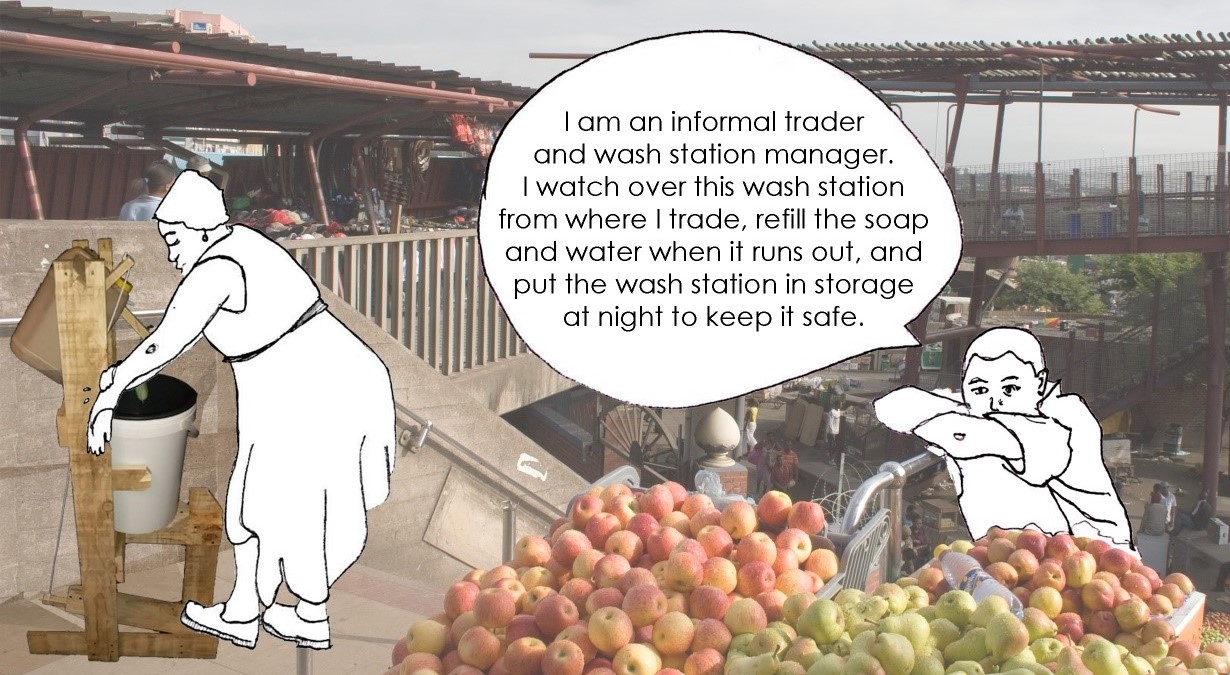Impacts of Coronavirus: Evolving challenges faced by informal workers
Sarah Heneck This is a follow on piece, tracking the impacts of coronavirus on the informal economy. Read the previous blog here. After almost 6 weeks of no income for the majority of informal workers in Warwick Junction, the move to lockdown level 4 offered a slight relief for those who are now able to … Read more









